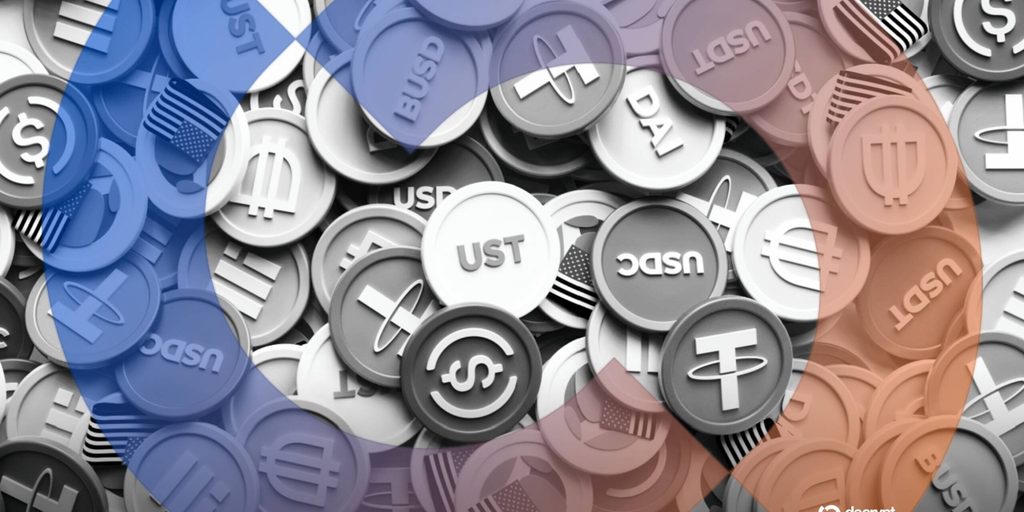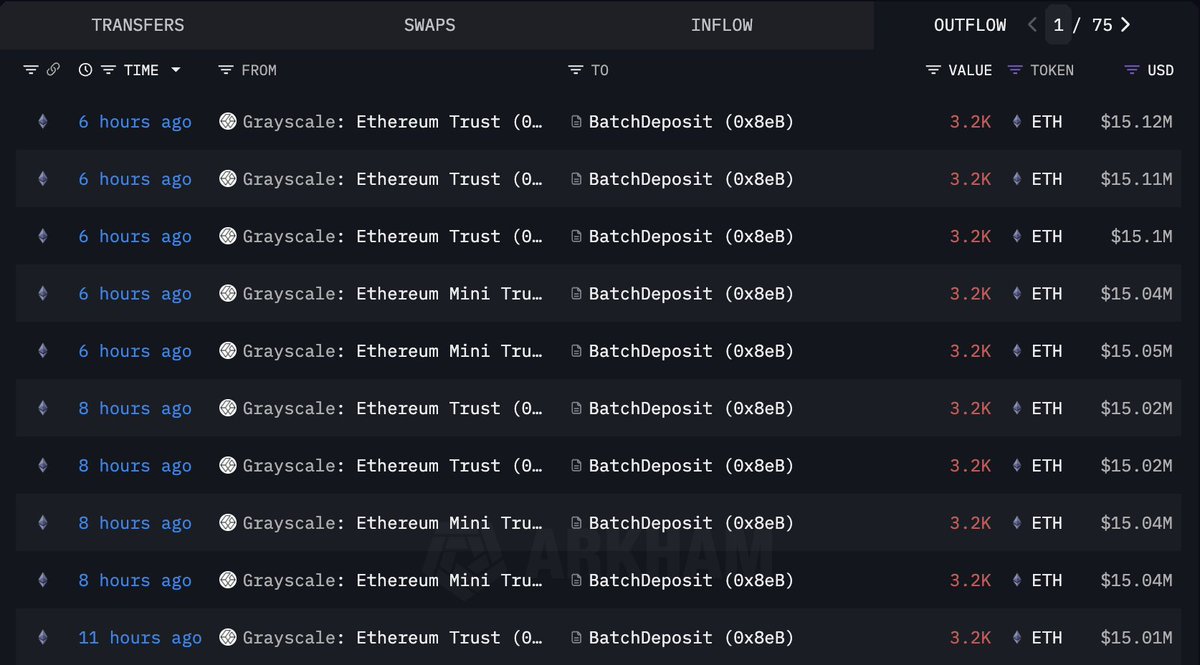Kraken Eyes Clearer Crypto Regulations in Australia
In response to a recent court ruling, the crypto exchange has emphasized the urgency for more transparent cryptocurrency regulations in Australia. The company accepted the court’s decision while adapting to the ruling by modifying its margin trading services.
Key Takeaways
- Kraken modified its margin trading services in response to the court’s decision.
- The exchange limited fiat margin trading to wholesale investors only, while keeping crypto margin trading unchanged.
- Kraken reiterated its commitment to adhering to compliance standards and advocating for better regulatory clarity in the cryptocurrency sector.
According to the exchange, the court’s decision highlights the need for clear and specific regulations for the crypto industry in Australia. The company believes that the current legal framework leaves both investors and businesses in a state of uncertainty, potentially hindering innovation.
The Court’s Decision
At the heart of the judgment, the Court determined that when Kraken extended margin in fiat currency to clients, it was subject to the Design and Distribution Obligations (DDO) of the Corporations Act. However, this was not the case when the exchange extended margin to clients in cryptocurrency.
Implications for Cryptocurrency Regulation
Kraken recognized the court’s decision but highlighted its broader implications for cryptocurrency regulation in Australia. The company views the court’s decision as a positive step for advocates seeking new cryptocurrency regulations, despite some disappointment that the ruling identified a violation of the Corporations Act in part of its margin product.
The company emphasized that the judgment underscores the ineffectiveness of existing Australian laws in regulating cryptocurrency and the pressing need for clear and specific regulations for the crypto industry in Australia.
Restricting Fiat Margin Trading in Australia Following Court Ruling
Following the court ruling, Kraken promptly adjusted its margin trading services to align with legal mandates. The platform has now limited margin trading with fiat currency to Australia’s residents who qualify as wholesale investors, as defined by the Corporations Act 2001. However, these changes do not impact margin trading involving cryptoassets.
This adjustment enables unrestricted margin trading in cryptocurrency pairs, while access to fiat margin extensions is confined to wholesale investors. Kraken also reiterated its commitment to maintaining compliance across all jurisdictions in which it operates.
Conclusion
The court’s decision and Kraken’s response highlight the need for clear and specific regulations for the crypto industry in Australia. The current legal framework leaves both investors and businesses in a state of uncertainty, potentially hindering innovation. Kraken’s commitment to adhering to compliance standards and advocating for better regulatory clarity is a step in the right direction for the industry.
FAQs
- Q: What was the court’s decision regarding Kraken’s margin trading services?
- Q: What changes did Kraken make to its margin trading services in response to the court’s decision?
- Q: What does Kraken believe is the most important implication of the court’s decision?
- Q: What does the court’s decision mean for the crypto industry in Australia?
A: The court determined that Kraken’s extension of margin in fiat currency to clients was subject to the Design and Distribution Obligations (DDO) of the Corporations Act, while the extension of margin to clients in cryptocurrency was not.
A: Kraken limited margin trading with fiat currency to Australia’s residents who qualify as wholesale investors, while keeping margin trading involving cryptoassets unchanged.
A: Kraken believes that the judgment underscores the need for clear and specific regulations for the crypto industry in Australia, and the company is committed to advocating for better regulatory clarity.
A: The court’s decision highlights the need for clear and specific regulations for the crypto industry in Australia, and it underscores the ineffectiveness of existing Australian laws in regulating cryptocurrency.










